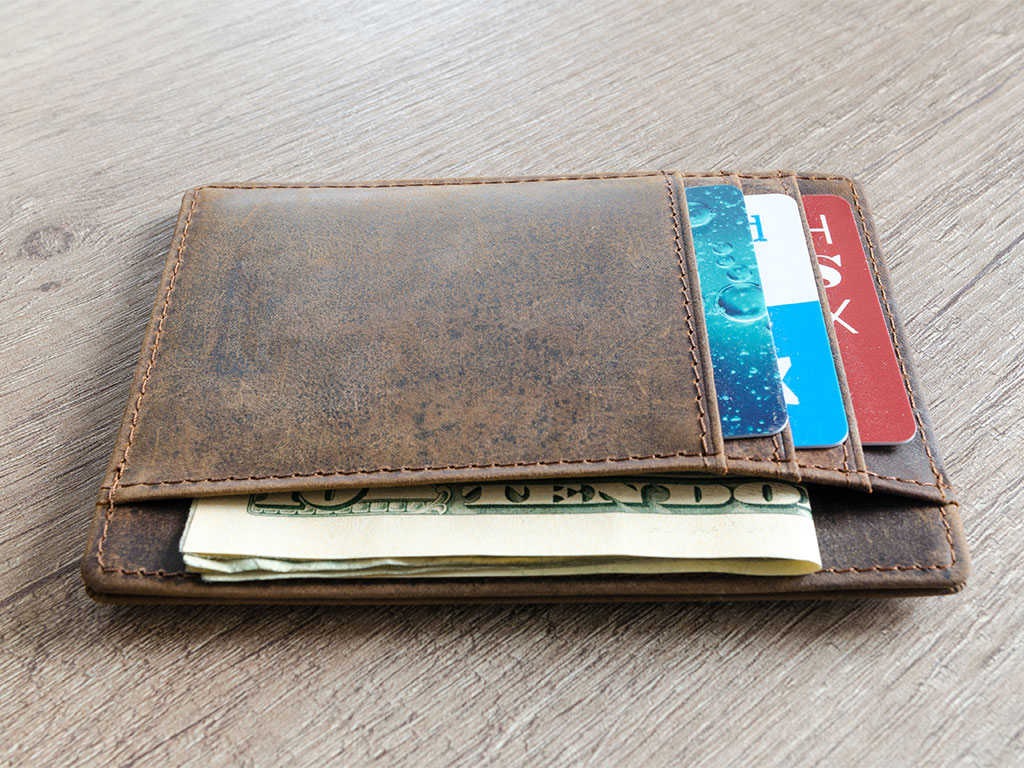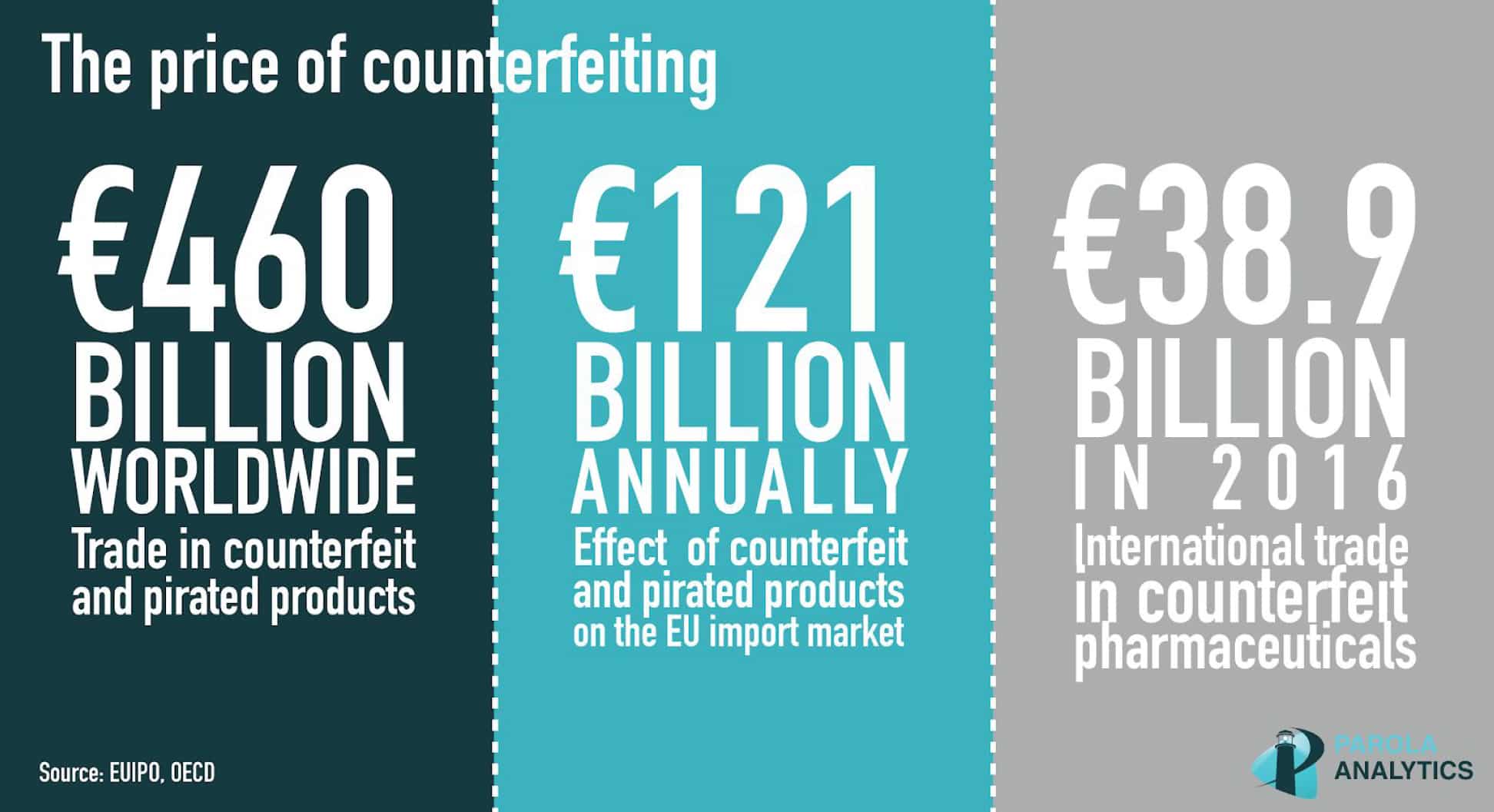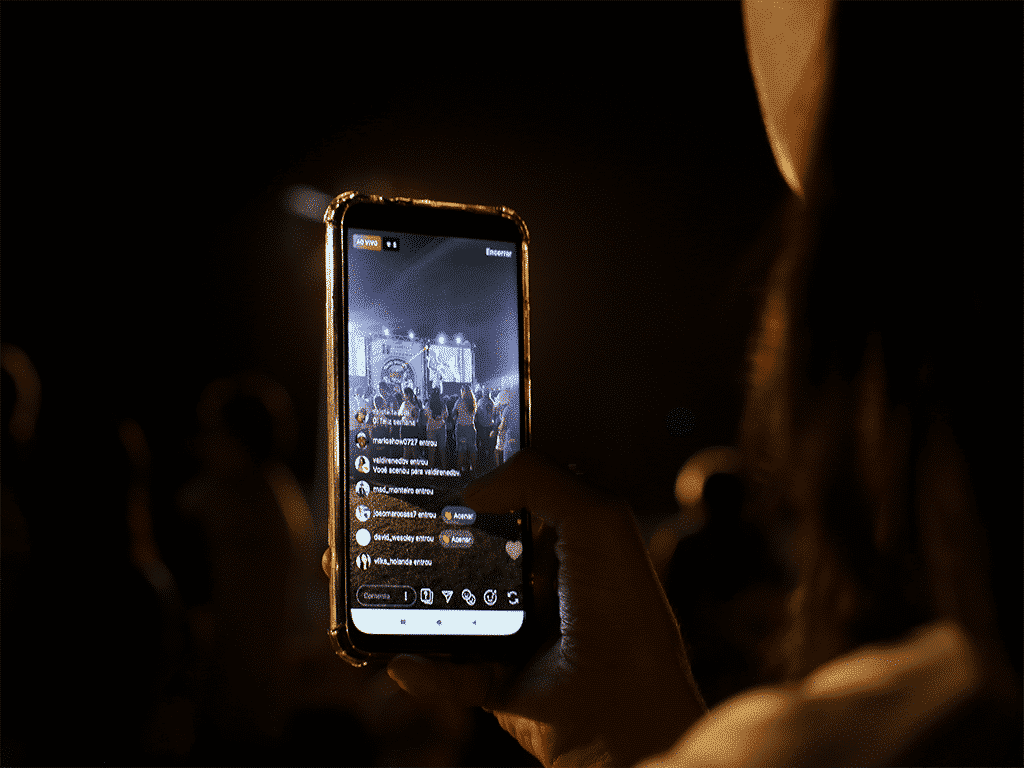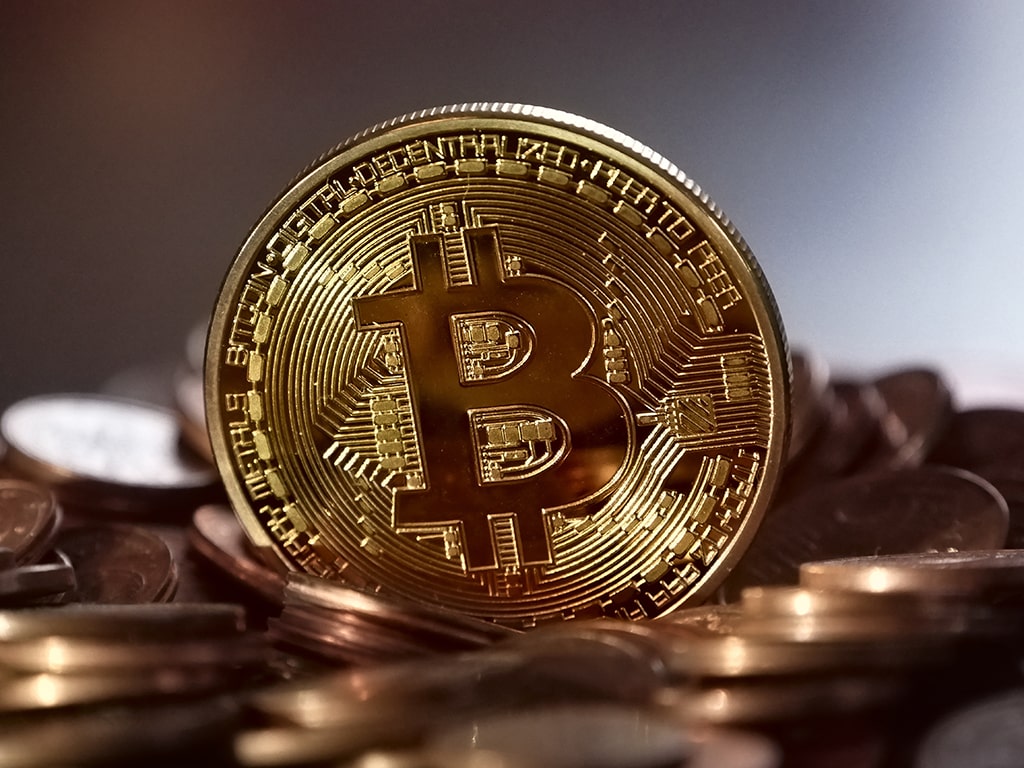Inventors from Bank of America have come up with a solution for customers who struggle with finding the right credit or debit card in their wallet: a smart card that can answer when called upon.
The average American owns four credit cards, but people who are out to optimize card rewards are likely to carry several more at a time. Outside mobile payments and a government-issued digital currency—which may be issued as cards if implemented—physical, non-cash payments are bound to see even wider adoption.
In 2014 alone, debit and credit cards accounted for at least $1.31 trillion and $536 billion in U.S. sales, respectively. The sum is nearly half of that year’s total federal expenditure. Six years later amid the COVID-19 pandemic, the popularity of e-commerce surged 32% compared to 2019, further diminishing the utilization of cash.
But with multiple types of cards and a multitude of card issuers, people may find it difficult to keep track of them all, let alone quickly find the one they need at a checkout counter. Bank of America’s patent application describes a smart card equipped with a small microphone to detect when a user calls for it. It would also feature a processing device and memory to carry out and store instructions.
Bank of America suggests a number of possible ways for the card to attract the user’s attention upon hearing a voice command. The following are illustrative examples from the patent document:

A light source may be installed onto a portion, or along the edges of the smart card. The light source may comprise an LED layer positioned between two layers of card construct, such as PVC or another plastic material.
A light source may be installed onto a portion, or along the edges of the smart card. The light source may comprise an LED layer positioned between two layers of card construct, such as PVC or another plastic material.

The card may have a speaker configured to output a predetermined audible response, such as a vocal recording or melody. Alternatively, a vibration mechanism can be used to alert a user of their card’s location.
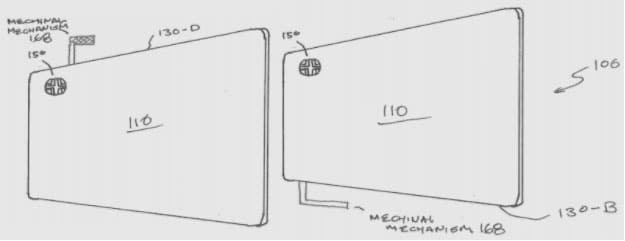
In two other embodiments, the smart card would come with a spring-loaded mechanical element that ejects either itself or the card into view.
Bank of America mentions that the power source for its smart cards may come in the form of a rechargeable, replaceable, or permanent battery. To conserve power, the patent application states that an artificial intelligence-based virtual/voice assistant application may be incorporated to preclude cards from being in an “always-on” state of listening for voice commands.
The featured patent application, “Voice-activated Interactive Card Device”, was filed with the USPTO on January 10, 2020 and published thereafter on July 15, 2021. The listed applicant is Bank of America Corporation. The listed inventor is Jesika Gandhi.
